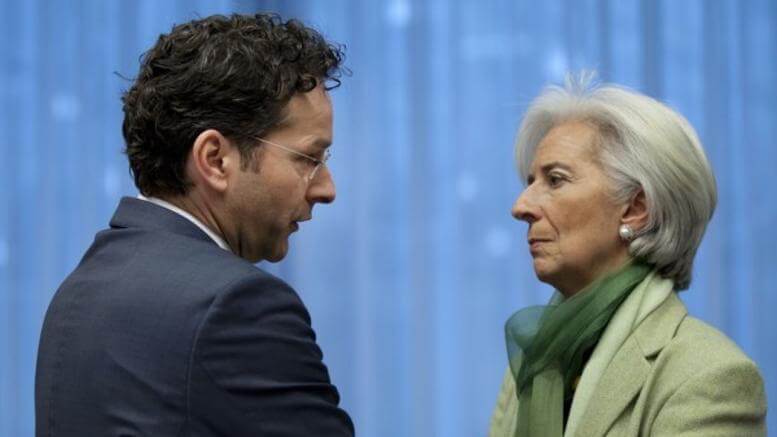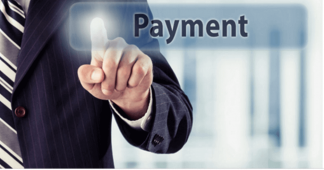Opponents and proponents of folding money agree that the stuff protects you from the state—but they differ about the value of that protection.
But even as the debate over money and autonomy takes place, the experiment in transitioning to easily tracked electronic transactions moves forward.
“Eighty per cent of all transactions in Sweden are made by cards,” the country’s official website boasts. “Digital payments via card or apps are so widely accepted that many Swedes no longer carry cash… Cash is already scarce, and card will become even more king.”
Cash is declining so rapidly in Sweden that the central bank actually put on the brakes. Officials are worried that with half of bank branches refusing paper money, older Swedes are being left behind.
Denmark’s government is vigorously prodding the transition from cash to electronic payments. In 2014, Danmarks Nationalbank announced it, “has decided to initiate a process to discontinue internal printing of banknotes and minting of coins during 2016.” Danish officials openly say they want to eliminate cash payments by 2030.
Norway’s largest bank has the same goal, with the hope of eliminating “under-the-table money and laundering.”
While Europe as a whole isn’t quite ready to dump folding money, the European Central Bank is joining the U.S. and other countries in eliminating higher denominations.
Perhaps it’s not surprising that Scandinavians are leading the way toward a future devoid of financial privacy. The region’s inhabitants are stereotyped as submissive to governmental whims—to the point of “benign totalitarianism,” as a British writer described Swedish political norms. That’s a bit unfair, given free market reforms in Denmark and Sweden that make the private sectors in those countries rather robust. But Scandinavians do seem to have more faith in their rulers, and less experience with truly hideous regimes, then some of their neighbors.
Neighbors like Germany, for instance, where people know exactly what can happen when the state can monitor everything you do. “For historical reasons,” Deutsche Welle noted delicately about the
country’s lack of enthusiasm for disposing of anonymous payments, “Germans place a high value on privacy and data security.” In fact Germans are more likely than Americans to keep and use cash for transactions.
“Abolishing cash would hurt consumer sovereignty–the free choice of citizens about their payment instruments,” German central banker Carl-Ludwig Thiele proclaimedas he joined economist Lars Feld in rebutting the call to abolish paper money.
On that point, proponents and opponents of cash agree. It’s the value of that free choice about which they differ.











